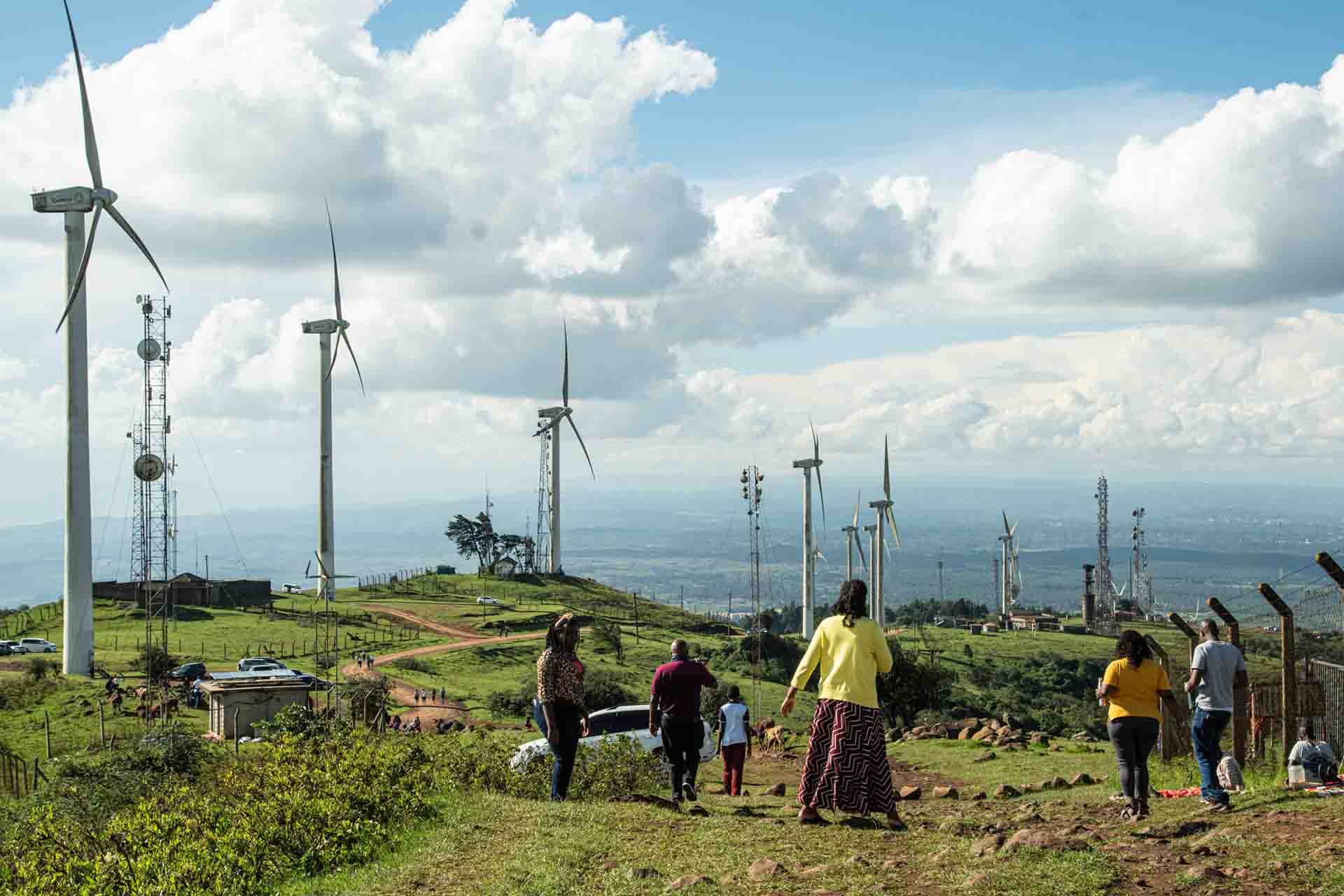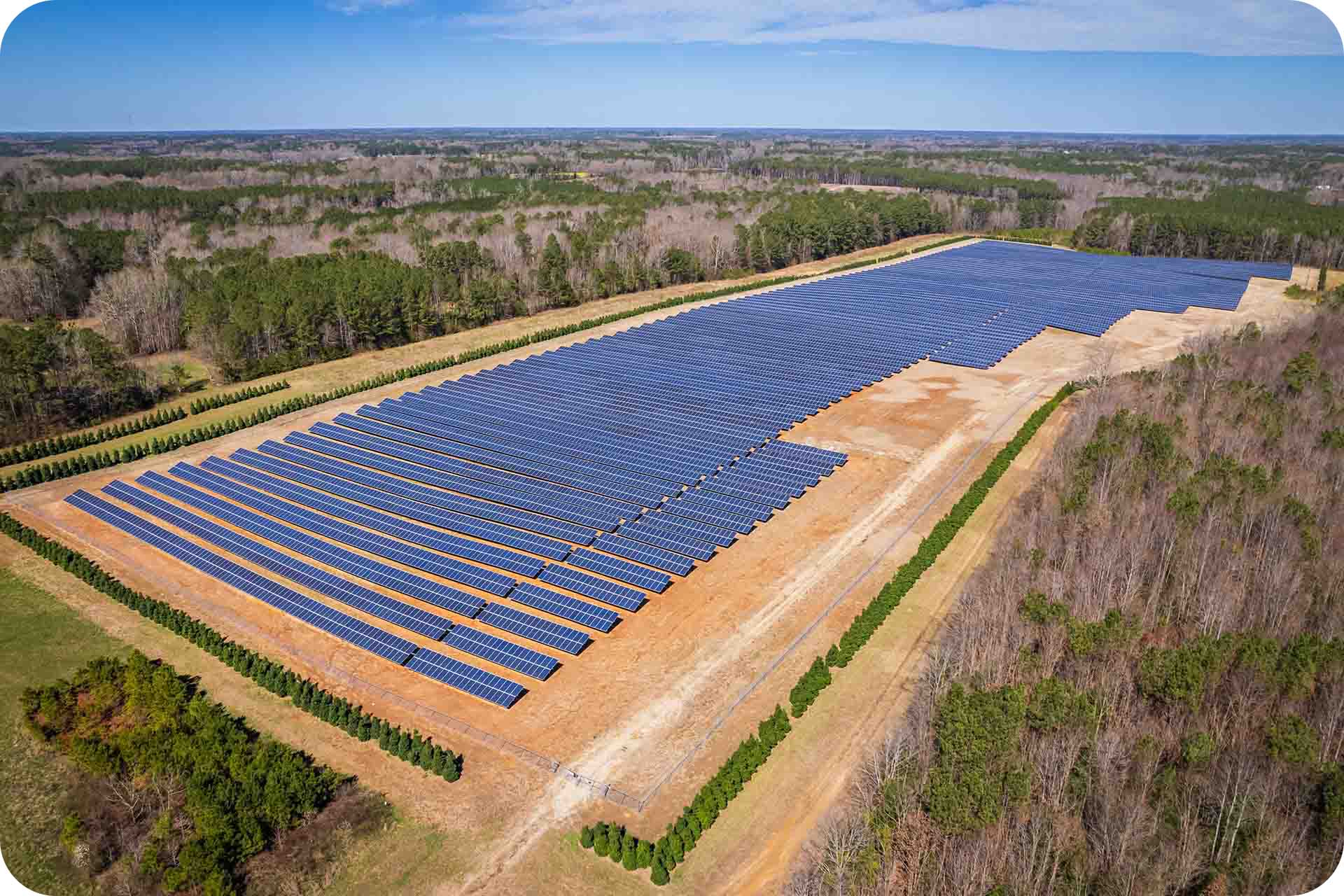Summary
By increasing access to clean energy, the Nigeria Solar Power Project promotes wellbeing, green economic growth, and sustainable development in the nation. It lessens Nigeria’s reliance on energy sources with high carbon emissions and lowers greenhouse gas emissions, moving the nation one step closer to its net zero goals.
Nigeria needs a lot of energy to be sustainable, which has led to a slight over dependence on crude oil and natural gas. When these resources are not easily accessible, this excessive dependence causes the country to experience ongoing energy consumption problems.
How it works
Our atmosphere is once again filled with prehistoric carbon as a result of burning fossil fuels for energy, which is by far the main cause of our changing climate. To keep that carbon in the ground, fossil fuels must be swiftly replaced with solar and other environmentally friendly forms of power generation.
Considering that Nigeria has a land area of about 924 km2 and an average irradiance per unit area of 5.535 KWh/m2, estimates show that the country receives 1831.06 kWh (Kilowatt-hour) of incident solar energy annually. Through this project, Nigeria’s reliance on fossil fuels is reduced, and more than 64,000 tonnes of CO2 are not emitted each year.
Why we chose it
Nigeria’s capacity to maintain energy production will be put to the test in the ensuing decades due to a vast disparity between supply and demand. Despite having abundant natural resources and solar insolation, her development and growth have been hampered by the epileptic nature of her energy supply. Since only about 18% of rural residents are exposed to electricity, compared to almost 81% of their urban counterparts, this will primarily affect rural communities.
According to estimates, “A solar technology with a 5% efficiency could cover 1% of Nigeria’s land area and produce about 333,480 MW of electricity at a capacity factor of about 26%. Up until 2050, the nation will have more than enough electricity to go around “.
The Location
In Nigeria, 40 gigawatt hours of solar energy were produced in 2020, remaining constant from the year before. The amount of solar energy used to produce electricity in the nation increased over the period under review. Twenty gigawatt hours of the renewable energy source were used to produce electricity in 2012.
The nation has committed to becoming net zero by 2050 and is currently one of the world’s largest solar energy producers. However, burning fossil fuels must be quickly phased out in order to accomplish this goal, which is why initiatives like this are so crucial.
$1.17
9000 in stock
9000 in stock










